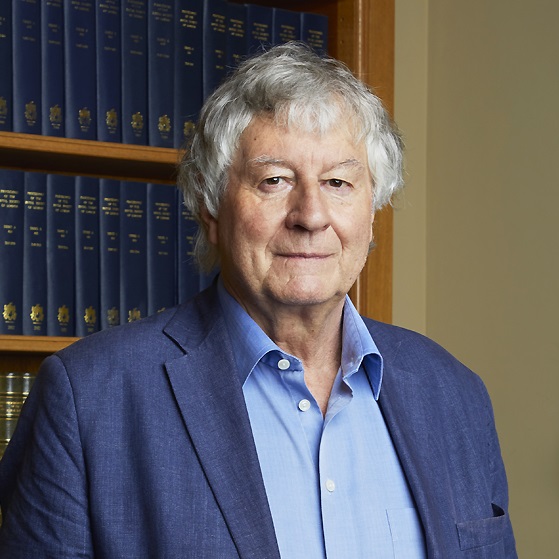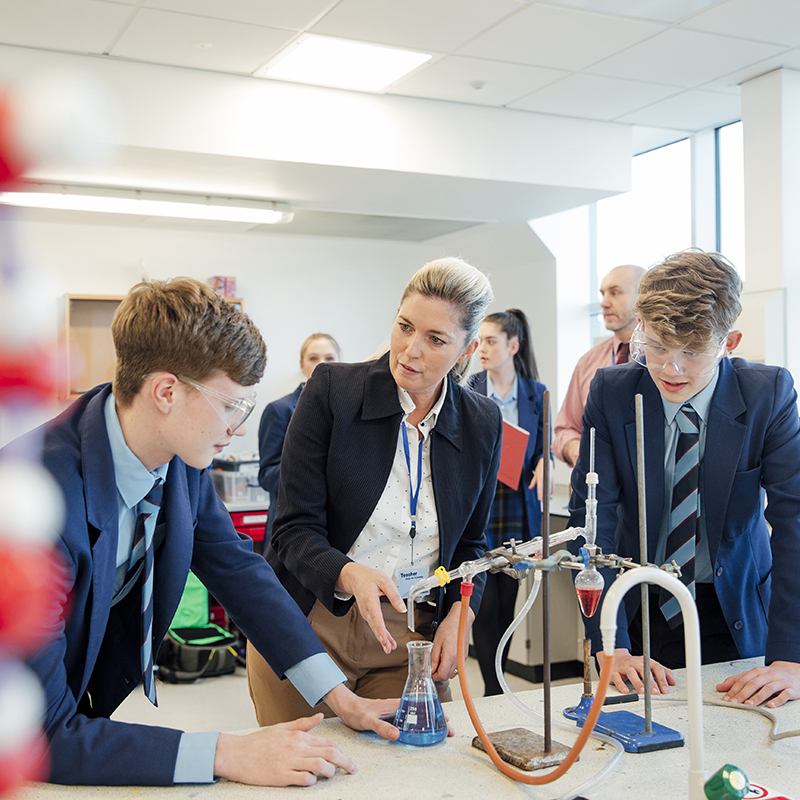Andreas Schleicher contemplates what the future could, and should, look like for assessment in education.

The question of the purpose of education is always an incredibly important one. But in the early part of the 21st century, it has become all the more pressing because the kind of things that are easy to teach and easy to test have also become easy to digitise and easy to automate. We are in danger of educating second-class robots, not first-class humans.
The tests that we too often teach to can be completed by computers a thousand times faster, and a thousand times more consistently than by humans. As a result, this kind of reproduction of subject matter and content is losing its relevance. What is instead gaining relevance is the capacity to think across the boundaries of subject disciplines, to extrapolate from what you know and the ability to apply knowledge in a novel situation.
However, I am in two minds as to whether this means we need to pull down the barriers between subject disciplines. On the one hand, it is very important that young people understand the nature of such disciplines. So, for example, it is hugely important to learn to think like an historian – to understand that it is not just about names and places; it's about how the narrative of society has emerged, how it has developed and advanced, and how it can unravel when the context changes. Similarly, it is very important to learn to think like a mathematician or a scientist.
Teaching on the surface
So, understanding the nature of disciplines is very important, but what we often do in school is teach the surface of those disciplines. We basically just teach superficial content. In science, for example, you learn details of the periodic table, not how to design an experiment. Similarly, in maths we teach people how to calculate an exponential function rather than understand the nature of an exponential function, which has never been more crucial than at this time of pandemic.
As students, we are born to feel comfortable in linear spaces. Time is linear, space is linear. We are very comfortable in the exponential function. What we teach in school reflects that. We teach things on the surface of a subject.
But today it is comfortably as important that young people learn to think across the boundaries of the disciplines. When you think of innovation today, it is no longer just about being good in one silo, it is being able to connect the dots, to see the relationships that are yet to be discovered.
Different ways of thinking and teaching
This is all too rare in schools. It is incredibly hard to take this approach to education because not only do we learn in silos, we also teach in silos. Teachers rarely manage to build meaningful learning environments that straddle the boundaries of disciplines. As hard as it is, we must attempt to encourage much greater collaboration within schools to connect different ways of thinking, teaching and learning, so school becomes a more meaningful holistic experience.
Many young people today learn superficial subject content that is easy to teach, easy to learn, easy to test – and they fail to gain a conceptual understanding of what it is that they are being taught. This is much harder to teach and takes time, takes energy, takes an innovative kind of learning environment.
The traditional system of organising education was, of course, appropriate for the industrial age, and worked well for the schools and students in the era that it was invented – before computers, it was incredibly important to remember a lot of stuff. It was very efficient to teach everybody in the same way, to have a one-size-fits-all model of teaching, and a system which filtered those who knew key facts from those who didn’t.
And it boasted an exam system that did this very well.
The problem is that this exam system has not really changed in more than 100 years. We still have traditional exams which mean that we have traditional teaching. For the avoidance of doubt, I am not against exams. But what is true is that the curriculum, the learning goals, and the exam system are tightly coupled together and as a result, exams are a very important signal to students of what they should learn and for teachers as to where they should focus.
So, we have to get the exam system right in order to get the teaching right.
Validity versus efficiency
And this is where technology becomes very, very interesting. Many of the things that in the past were beyond the reach of exams are now possible. In my work with the PISA assessment regime, we have learnt that of course you can examine whether a student has got the right answer, but we also get much more interesting data that tells us how a student has got to an answer. You can actually see the problem-solving strategies that were deployed in getting there. It is incredibly powerful.
The mistake that I think we make in exams is that we unthinkingly trade validity for efficiency. We test lots of students at lots of times, and as a result we are obliged to make assessments very simplistic. In doing so, we sacrifice relevance for reliability. That is a dangerous trade-off.
This occurs because people – the public and politicians – question the reliability of exams, but rarely question their relevance. Politicians get hurt when they sacrifice reliability and instead look at questions of validity and relevance. But we should instead be looking at exam questions and asking, is that what we want young people to learn? And the answer is probably not.
Breaking the cycle
If we were to climb out of this vicious cycle, I can see a future, not too far away, in which the credited dichotomy that exists between exams and learning is completely broken down. We could build a system in which learning becomes the exam and the exam becomes the learning opportunity, where examination becomes an ongoing stream of information about a student rather than just the result of a moment in time when we have put them on the spot.
In this scenario, learning would become more relevant, and exams would become more authentic and much more wide-ranging. They would reflect the knowledge, skills, attitudes, and values of a student.
The assessment regime of the future will tell you as a learner, at any point in time, what you know, where you are struggling, what you like or dislike, where you can improve. It will tell you, as a teacher, in a more consistent way, where your students need help and where they have misconceptions. And it will help the whole education system to have access to answers to big questions around things such as curriculum implementation.
This vision is actually within our reach: if you reform the exam system, everything else follows. If you reform the curriculum but not the exams, nobody cares. Exams are the starting point to making our education system fit for the 21st century.
This piece is part of the Royal Society’s Envision project. Envision brings together thought leaders to discuss what the UK education system should look like in order to prepare students to flourish in a changing world of work in the 21st century.







